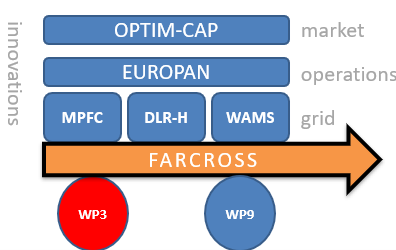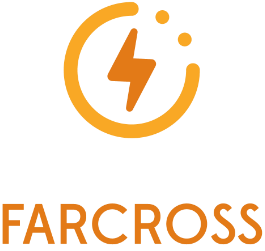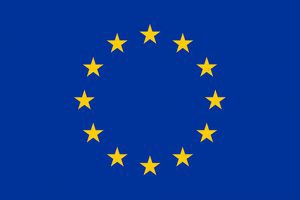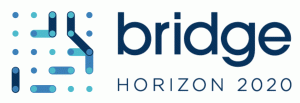Pathway through the national regulations: removing barriers to innovations and cross-border cooperation
Increased interconnectivity between neighboring systems is a critical enabler to successfully integrate large amounts of renewable generation and lowering energy costs for European consumers. Although several attempts have been made to improve market integration in Europe, there is still a considerable difference in wholesale prices and framework regulations between countries and regions. European wholesale electricity markets are still largely national markets and in South East Europe, for instance, the price differences are quite large.
FARCROSS addresses the above-mentioned issue aiming to provide solutions within WP3, which has the following objectives:
- To ensure that the technologies developed in FARCROSS can be used by plant and system operators to operate successfully in modern power markets.
- To ensure that the technologies can make a significant contribution to European renewable energy objectives and policies.
- To provide an implementable framework that will help operators and producers to access ancillary services revenue streams.
For that purpose, within WP3 of FARCROSS a study of applicable international, European and national law/ regulation framework will be performed to identify relevant regulatory aspects that need to be taken into account regarding the operational framework for the cross-border cooperation and the deployment of technologies that will allow electricity to flow seamlessly between European countries.

WP3 will act as a “vehicle” to channel the FARCROSS innovations into the pan-European energy landscape by:
- Highlighting the current regulatory challenges for cross-border cooperation and non-harmonization features.
- Identifying the barriers to innovation.
- Proposing guidelines to avoid distortion resulting from these issues.
In September 2020, the first deliverable of WP3 D3.1 was submitted, exploring the structure of the wholesale energy market and its evolution, the existed regulations in the energy sector including the network codes (CACM,DCC,JVDC,RFG,ER), the role of the security coordination centers, the cross border trading and intercoupling with neighbouring countries activities, the ancillary services market, RES electricity generation and battery storage schemes, as well as the Green Deal objectives.
More specifically, in D3.1 the current status of each demo country was thoroughly analyzed regarding their:
- Regulatory environment and innovation
- Smart Grids
- Energy efficiency
- Upcoming targets for innovation
- Ancillary services
- Interconnections
- RES Overview
- RES promotion schemes
- RES policies and procedures

 This project has received funding from the European Union’s Horizon 2020 research and innovation programme under grant agreement No 864274
This project has received funding from the European Union’s Horizon 2020 research and innovation programme under grant agreement No 864274

